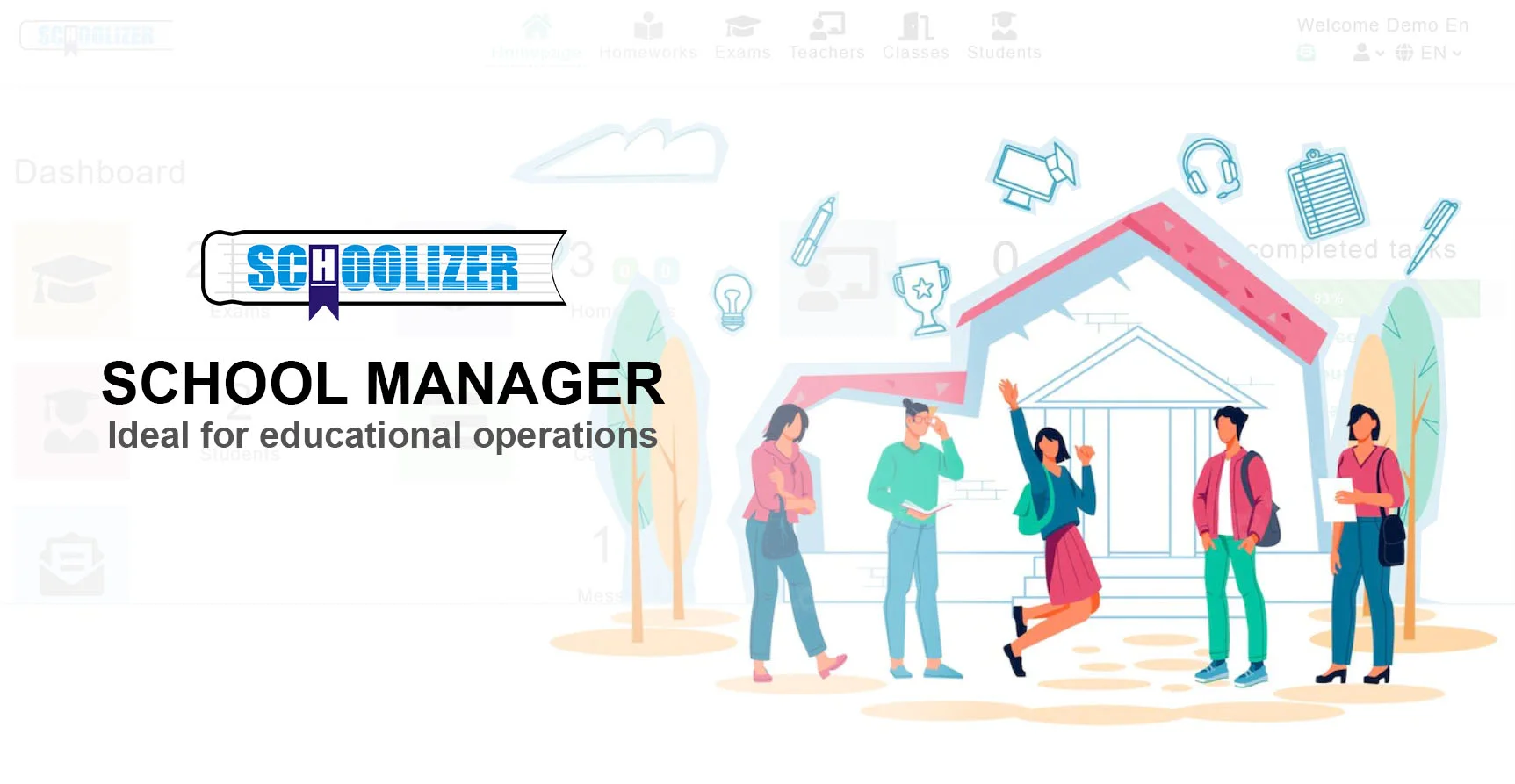The Hidden Truth Behind College Admissions: How Data Collection Is Reshaping Higher Education

The Hidden Truth Behind College Admissions: How Data Collection Is Reshaping Higher Education
What if the college admissions process isn't as fair as we think? Why are universities collecting more data than ever before? How does this impact students' futures? The answers to these questions reveal a complex landscape where data-driven decisions are transforming higher education in ways most applicants never see.
The Rise of Data-Driven Admissions
Colleges and universities have increasingly turned to sophisticated data collection methods to evaluate applicants. Beyond test scores and GPAs, institutions now track digital footprints, social media activity, and even how long students spend reading emails from the admissions office. This shift toward predictive analytics aims to identify students who are most likely to enroll, succeed academically, and contribute to campus life.
A real-world example comes from the University of Arizona, which uses an algorithm to analyze thousands of data points from prospective students. The system predicts enrollment likelihood with 85% accuracy, allowing the university to tailor recruitment efforts efficiently.

The Ethical Dilemma of Student Surveillance
While data collection offers efficiency, it raises significant privacy concerns. Many students are unaware of the extent to which their online behavior is monitored and analyzed. From tracking website visits to analyzing engagement with university communications, institutions gather intimate details without explicit consent.
For instance, some colleges use CRM systems that record every interaction a prospective student has with the institution, including email opens, link clicks, and even campus visit duration. This creates a comprehensive profile that goes far beyond traditional application materials.

The Impact on Equity and Access
Data-driven admissions risk reinforcing existing inequalities. Students from underprivileged backgrounds may lack the digital literacy or technology access to engage with universities in ways that generate favorable data points. Meanwhile, wealthier applicants often benefit from consultants who optimize their digital footprints.
A striking example emerged during the pandemic when many institutions tracked virtual campus visits. Students without reliable internet access or modern devices automatically appeared less engaged in the admissions process, potentially affecting their chances of acceptance.

The Commercialization of Student Data
The admissions data industry has spawned a lucrative market where student information is bought, sold, and analyzed. Third-party companies aggregate data from multiple sources to create detailed profiles that colleges purchase for recruitment purposes. This practice often occurs without students' knowledge or consent.
One prominent company in this space boasts a database of over 200 million student profiles, which it sells to universities looking to identify and target specific demographics of prospective applicants.

Resisting the Algorithm: Human-Centered Alternatives
Some institutions are pushing back against the data frenzy. Test-optional policies and holistic reviews represent efforts to reduce reliance on quantitative metrics. These approaches prioritize personal essays, recommendations, and demonstrated interests over algorithmic predictions.
For example, Bates College in Maine has reported success with its test-optional policy, attracting a more diverse applicant pool without compromising academic quality. Their experience suggests that human judgment still has value in the admissions process.

Preparing for the Data-Driven Future
As data collection becomes more pervasive, students and families need to understand how the system works. Being strategic about digital engagement while maintaining authenticity is crucial. Meanwhile, policymakers must establish guidelines to ensure transparency and protect student privacy in this evolving landscape.
The Common Application recently introduced features allowing students to see which colleges have accessed their information, representing a small step toward greater transparency in the admissions data ecosystem.







